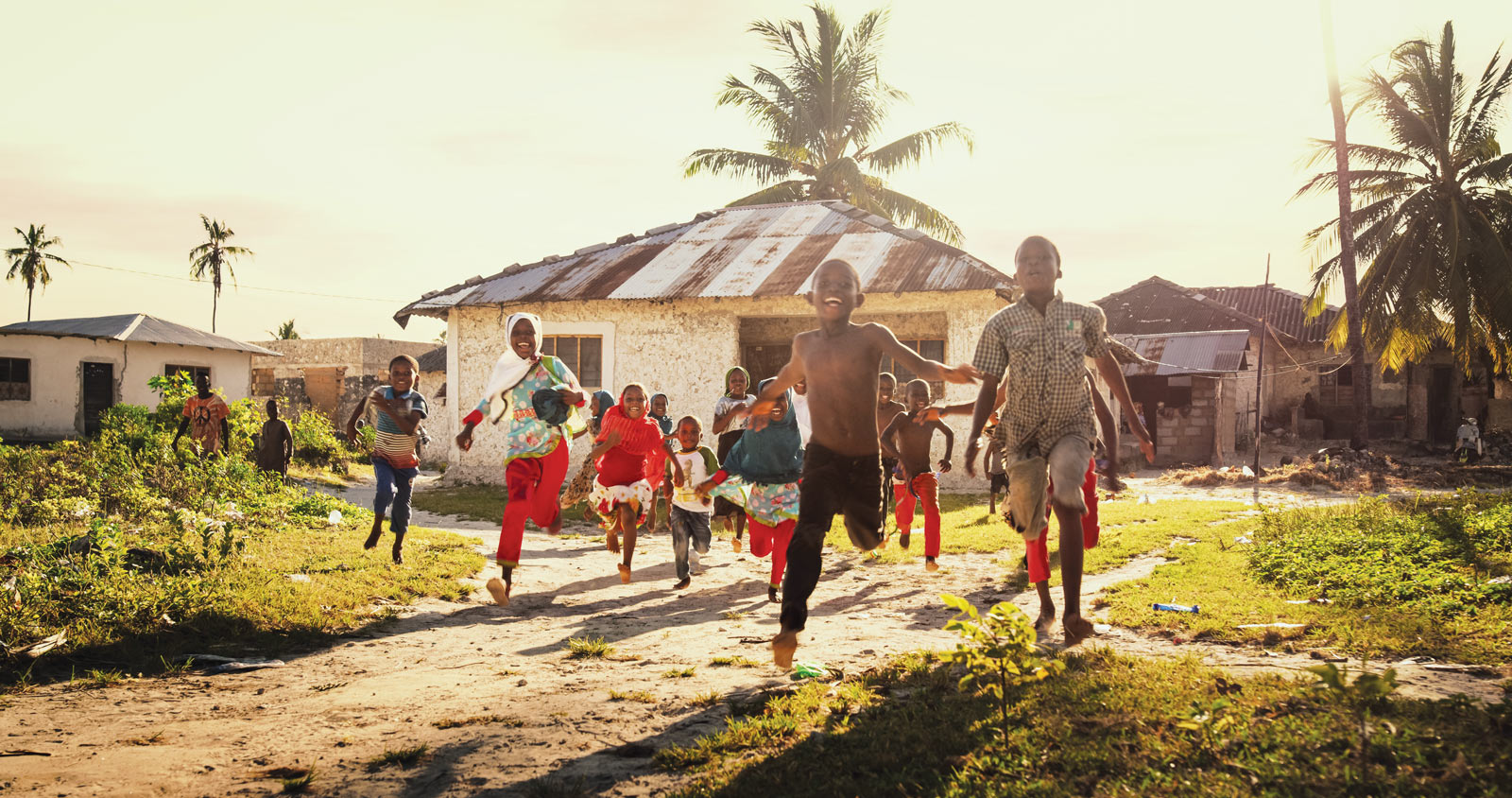Website Maintenance in Progress
Efficiency behind the scenes creates effectiveness on the frontlines.
Apologies, our website is temporarily offline as we transition to a new system.
We’re upgrading to ensure your giving is maximized. Upgrading our systems enables us to serve our field partners efficiently, monitor reporting, unify processes, and maintain stronger accountability from end to end, ensuring that nothing slows down the declaration and demonstration of the Gospel.
We expect to be back online the week of July 7th. Thank you for your patience and continued support!
Need to make a donation or have a question?
We’re still here for you.
Call us: 1-877-760-8227
Email us: info@partnersinternational.ca
We’d be honoured to assist you directly!
Thank you for standing with local leaders and helping bring lasting transformation in the hardest places.
